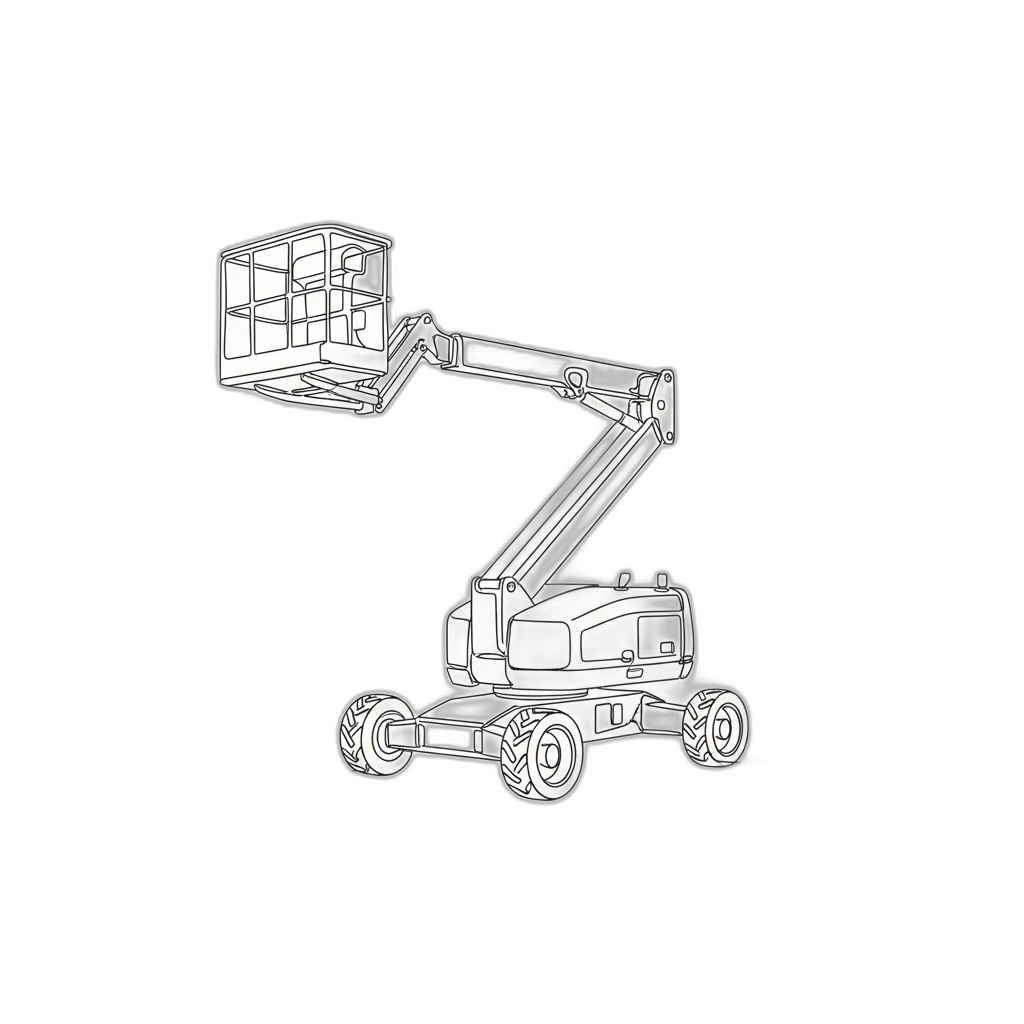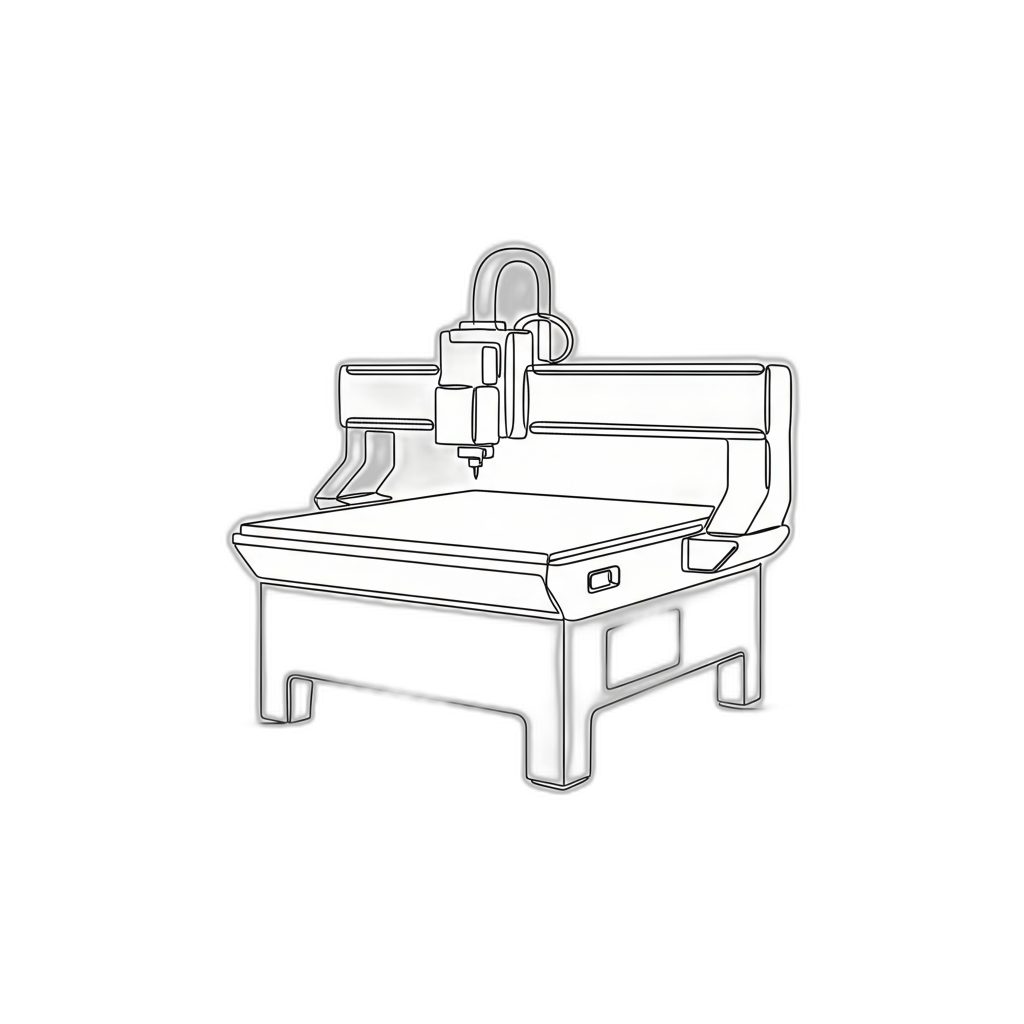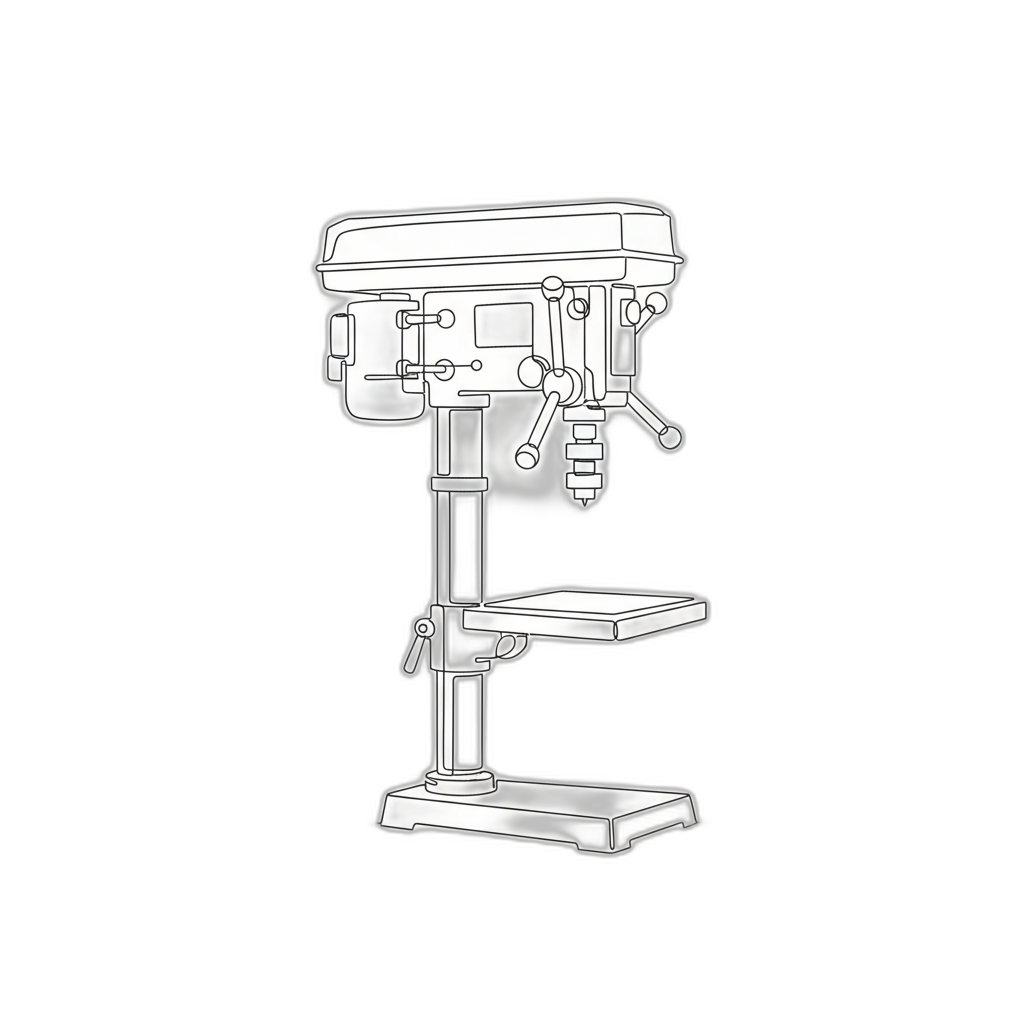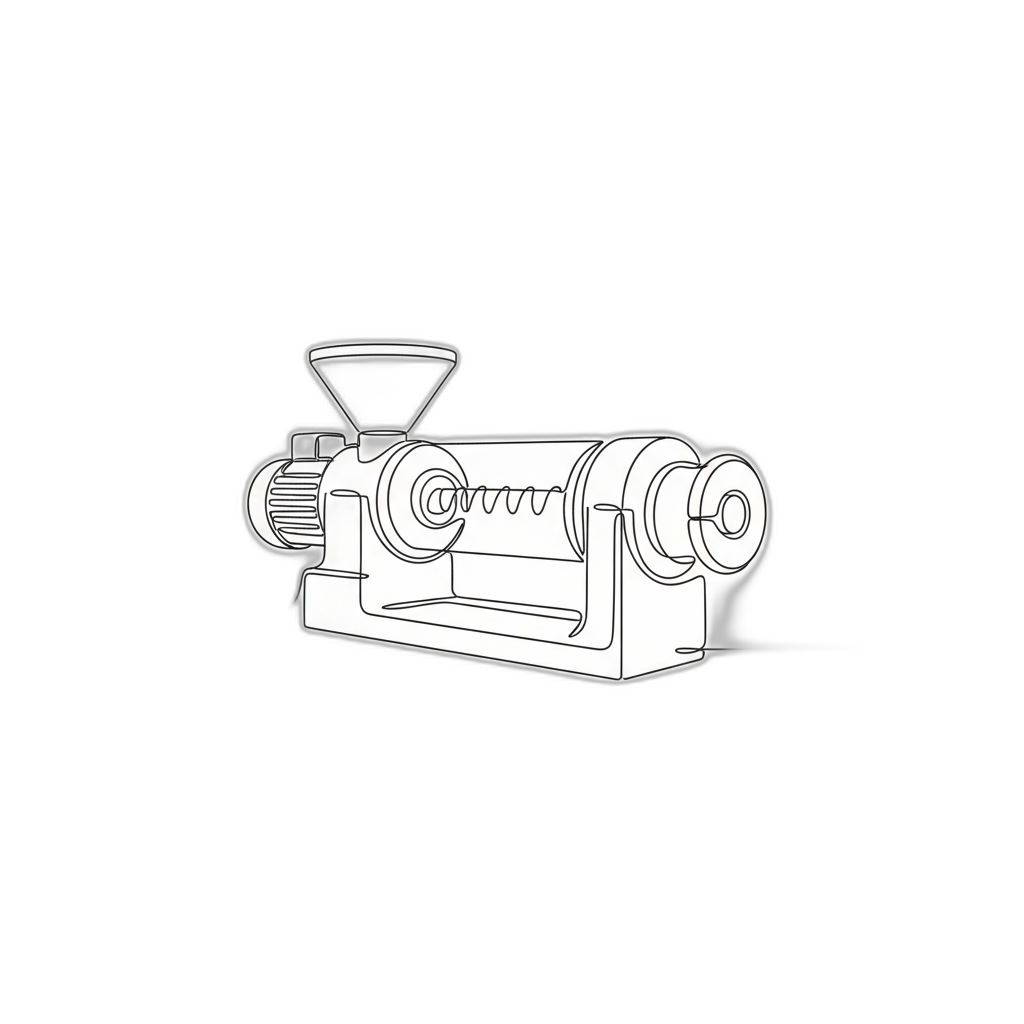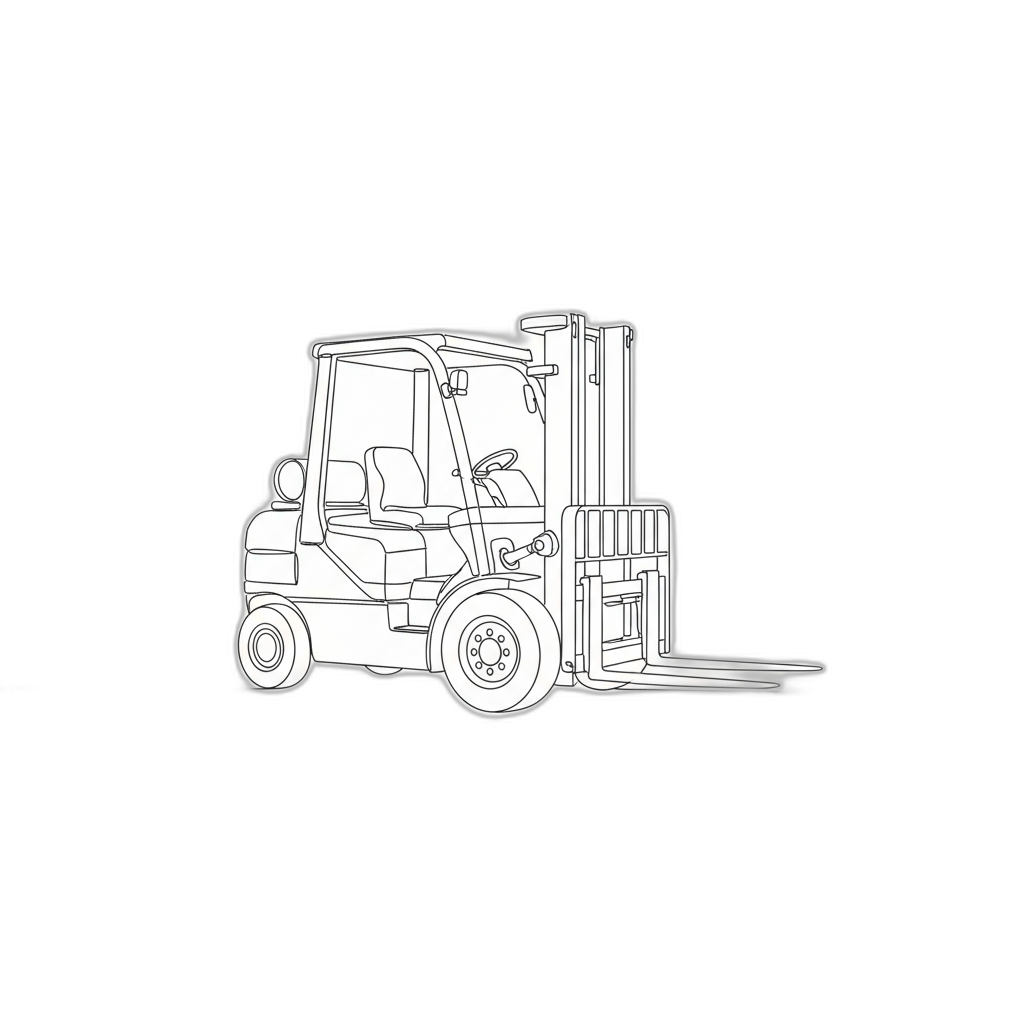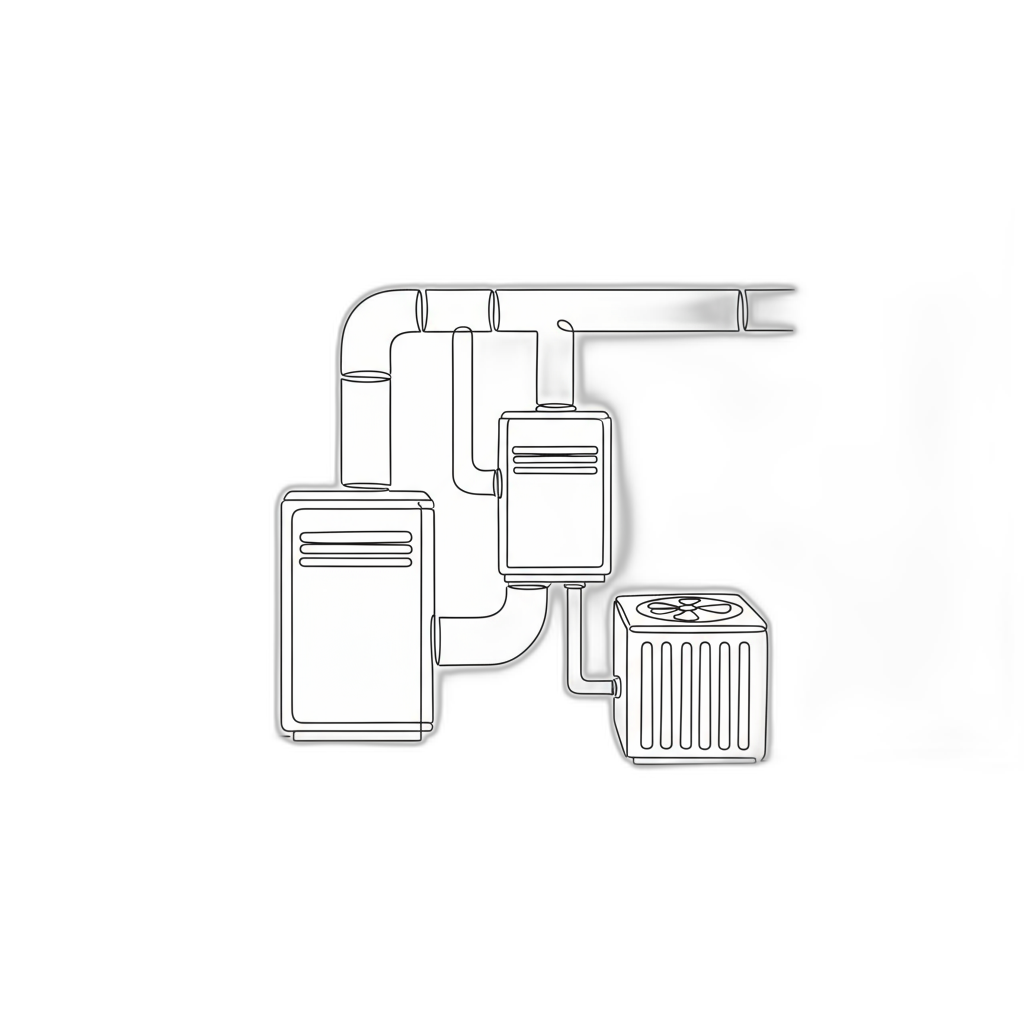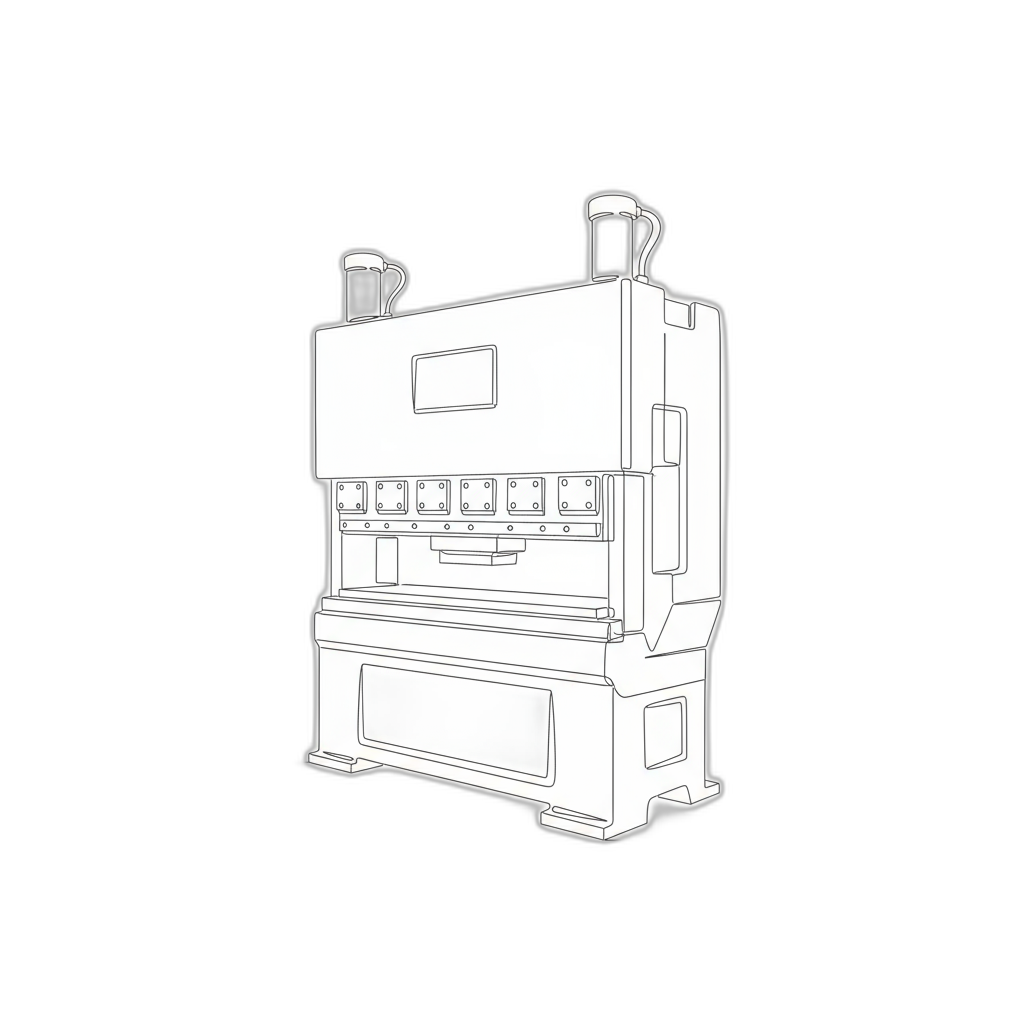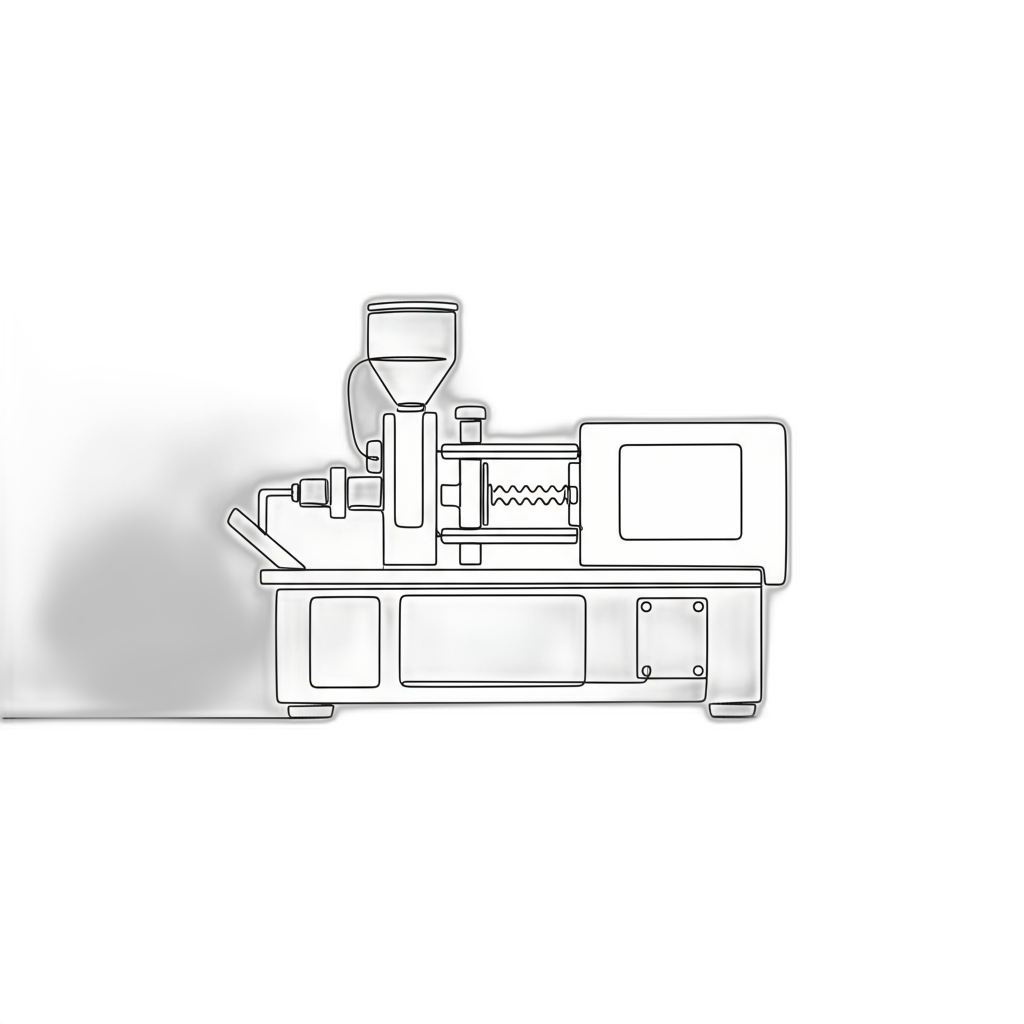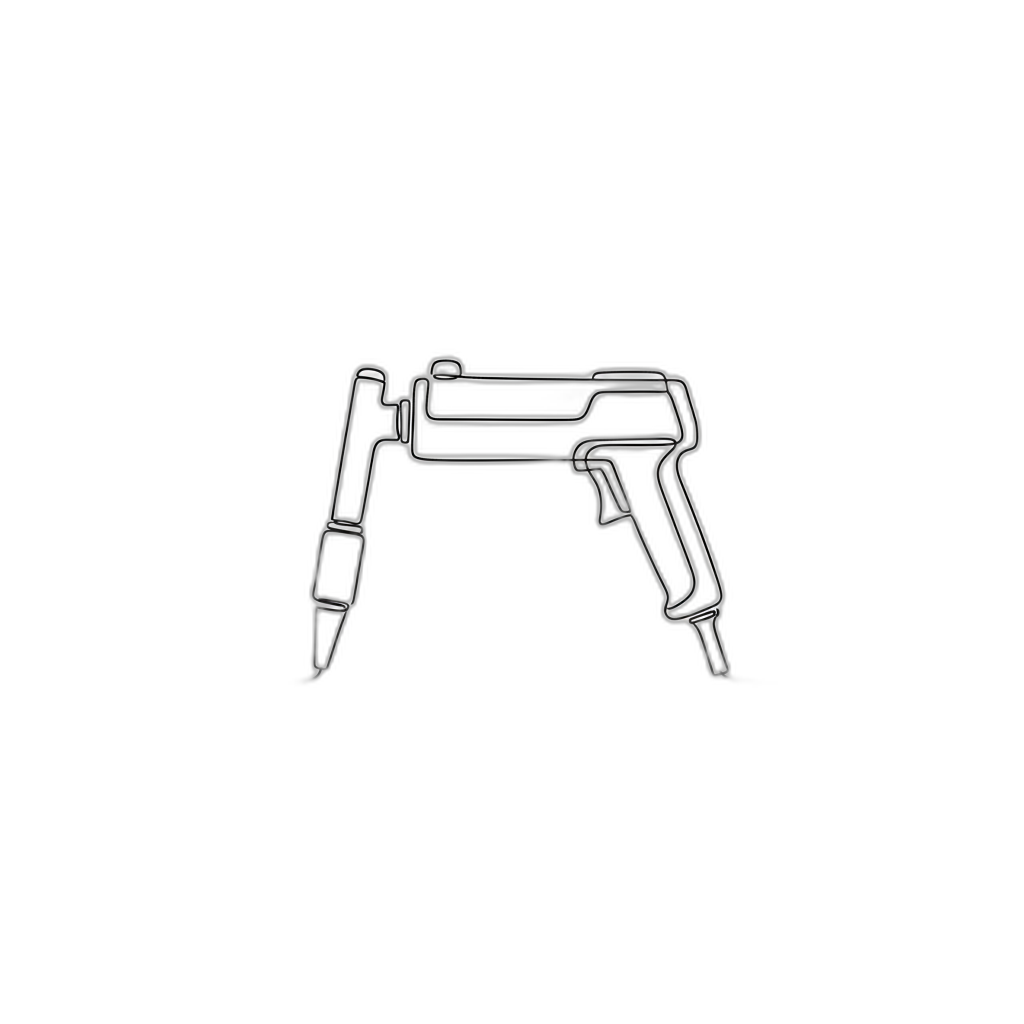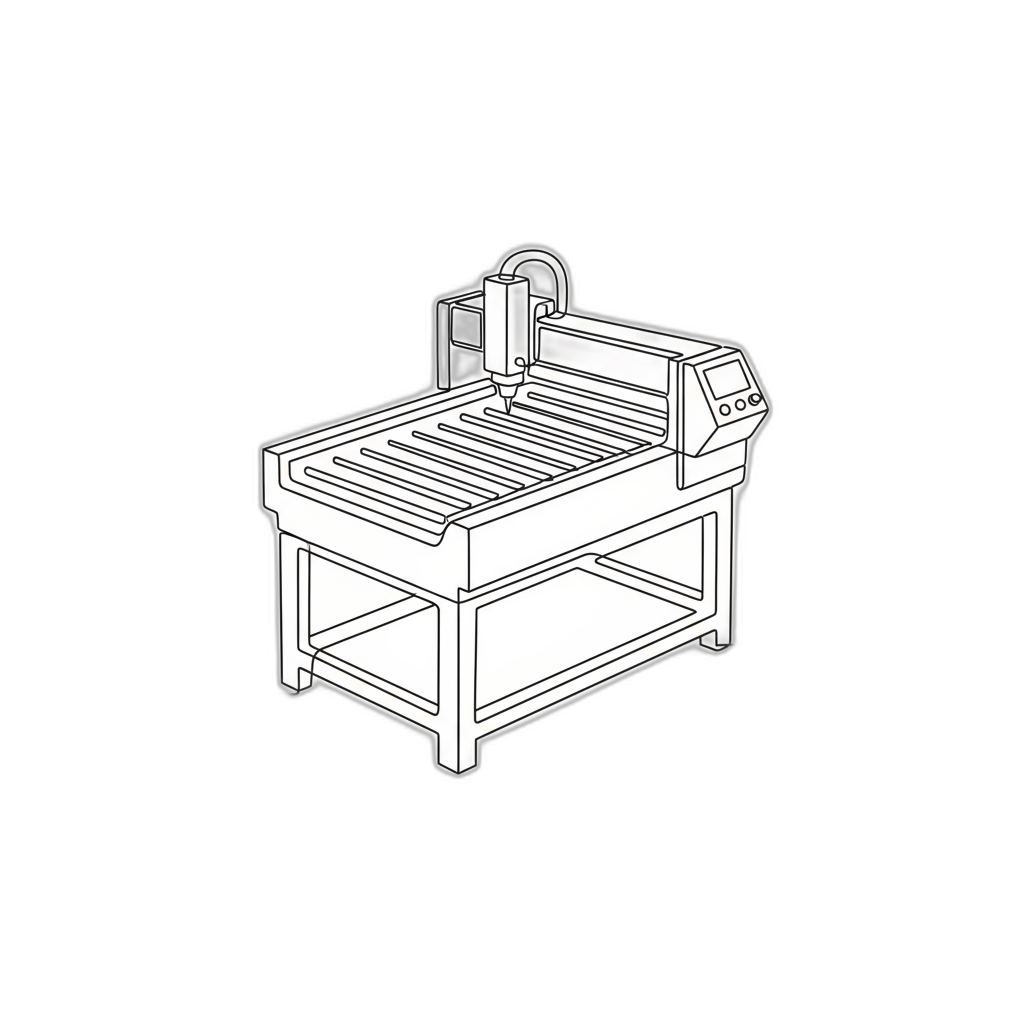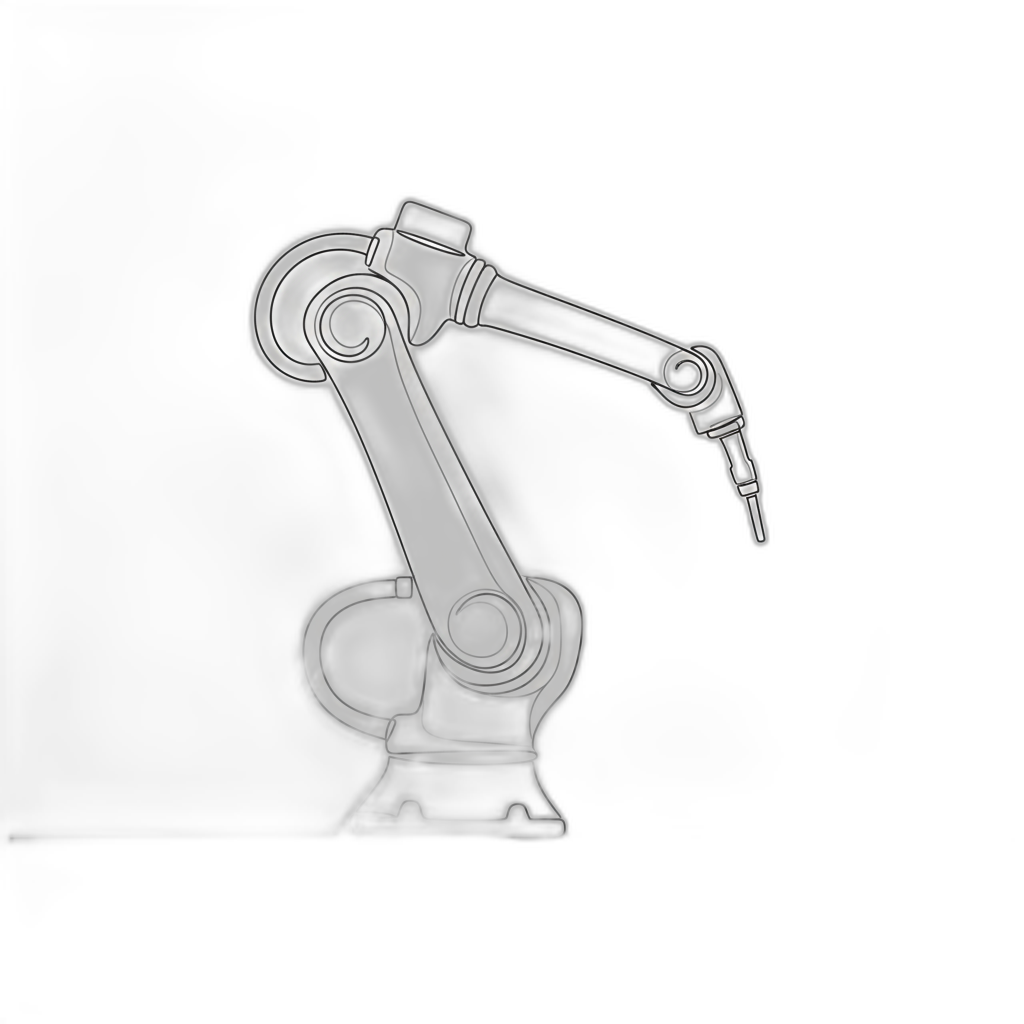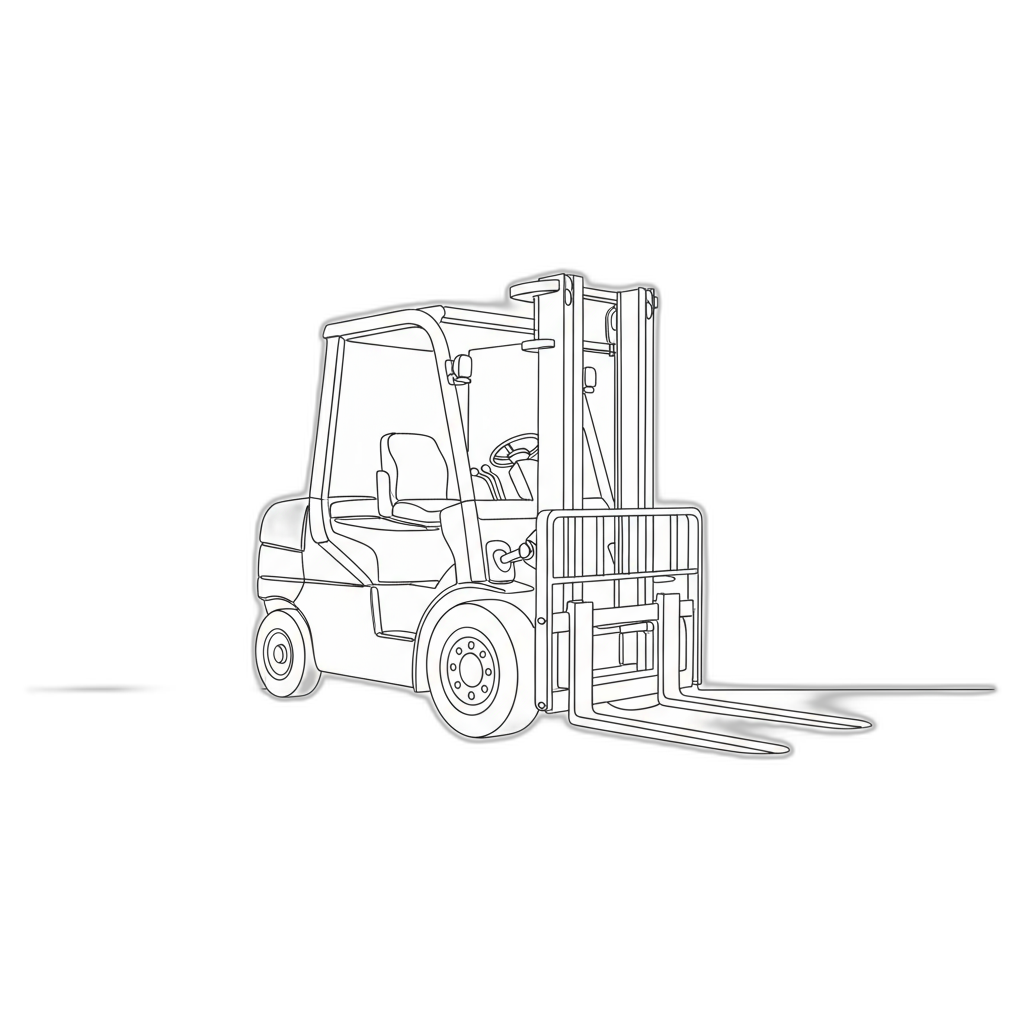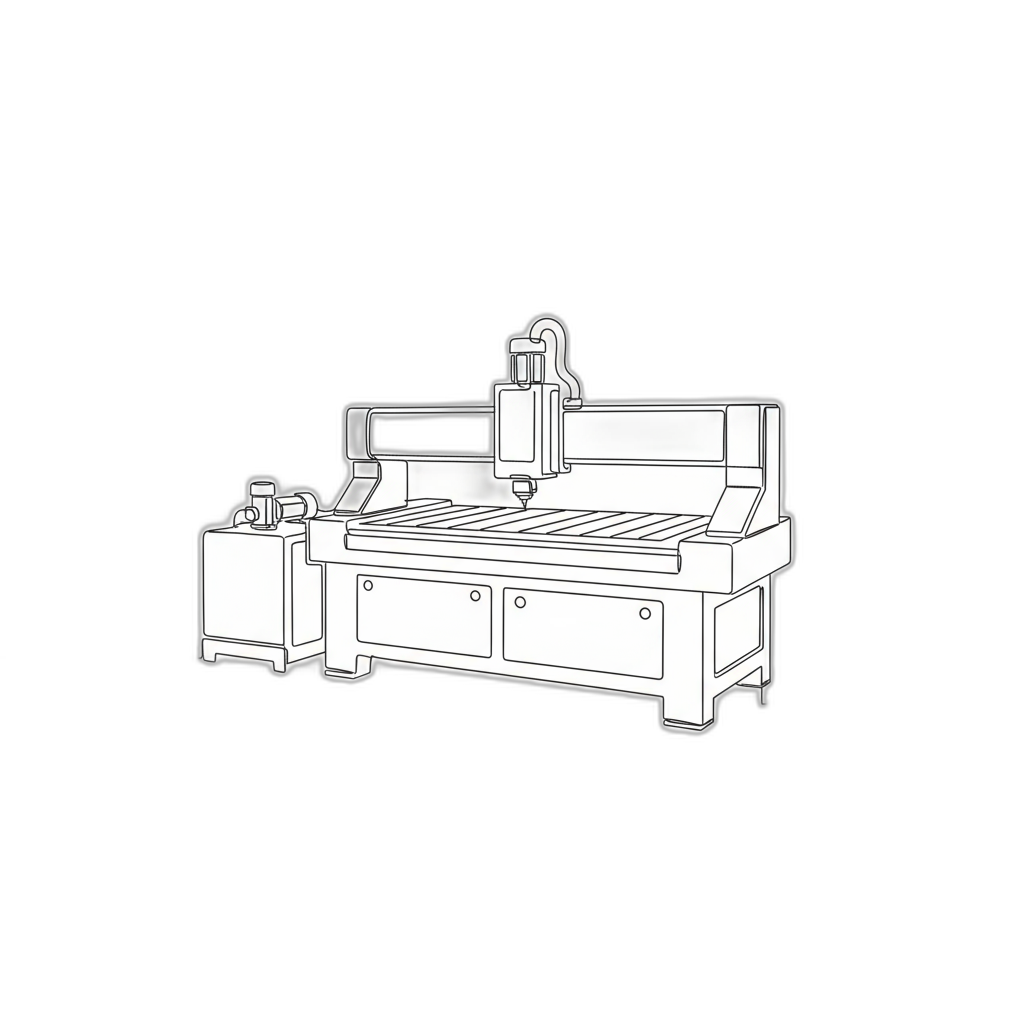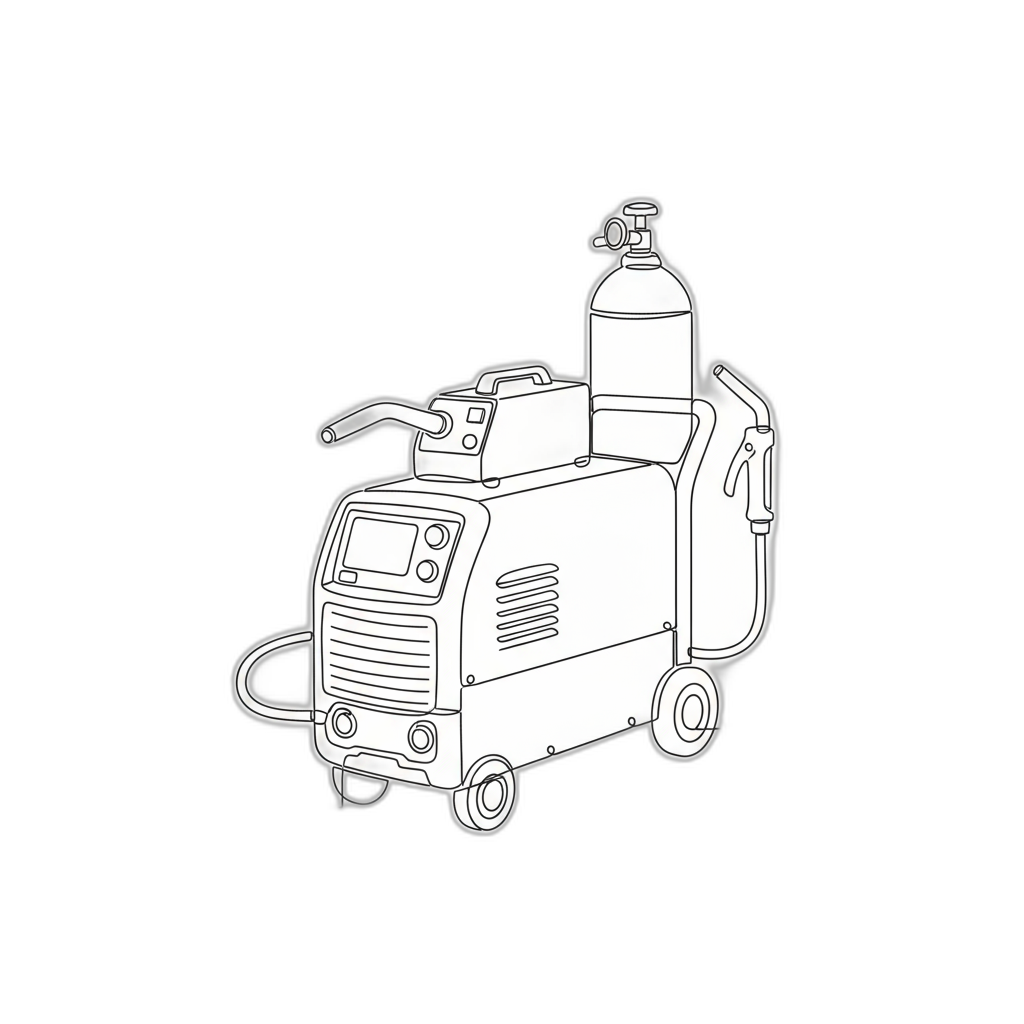Thank you! Your submission has been received!
Oops! Something went wrong while submitting the form.

Nationwide Service
Onsite or Online
USPAP-Compliant
IRS Qualified
DEFENSIBLE, USPAP-COMPLIANT APPRAISAL REPORTS — QUALIFIED FOR THE IRS, INSURANCE AGENGIES, LENDERS, AND MORE.






5-Star Valuation Services, Loved by Hundreds
{{sectionName}}

This is some text inside of a div block.
This is some text inside of a div block.
Starts at
This is some text inside of a div block.
This is some text inside of a div block.
This is some text inside of a div block.
Starts at
This is some text inside of a div block.
{{feeRangeHeader}}
This is some text inside of a div block.
Most Household Goods engagements fall within this range. Larger or unusually complex collections may require a custom quote.
{{pricingByHeader}}
{{pricingBySubheader}}
This is some text inside of a div block.
This is some text inside of a div block.
This is some text inside of a div block.
What Drives Cost?
Number of items to be appraised
Number of items to be appraised
Number of items to be appraised
{{sectionName}}

This is some text inside of a div block.
This is some text inside of a div block.
Starts at
This is some text inside of a div block.
This is some text inside of a div block.
This is some text inside of a div block.
Starts at
This is some text inside of a div block.
{{feeRangeHeader}}
This is some text inside of a div block.
Most Household Goods engagements fall within this range. Larger or unusually complex collections may require a custom quote.
{{pricingByHeader}}
{{pricingBySubheader}}
This is some text inside of a div block.
This is some text inside of a div block.
This is some text inside of a div block.
What Drives Cost?
Number of items to be appraised
Number of items to be appraised
Number of items to be appraised
{{sectionName}}

This is some text inside of a div block.
This is some text inside of a div block.
Starts at
This is some text inside of a div block.
This is some text inside of a div block.
This is some text inside of a div block.
Starts at
This is some text inside of a div block.
{{feeRangeHeader}}
This is some text inside of a div block.
Most Household Goods engagements fall within this range. Larger or unusually complex collections may require a custom quote.
{{pricingByHeader}}
{{pricingBySubheader}}
This is some text inside of a div block.
This is some text inside of a div block.
This is some text inside of a div block.
What Drives Cost?
Number of items to be appraised
Number of items to be appraised
Number of items to be appraised
{{sectionName}}

This is some text inside of a div block.
This is some text inside of a div block.
Starts at
This is some text inside of a div block.
This is some text inside of a div block.
This is some text inside of a div block.
Starts at
This is some text inside of a div block.
{{feeRangeHeader}}
This is some text inside of a div block.
Most Household Goods engagements fall within this range. Larger or unusually complex collections may require a custom quote.
{{pricingByHeader}}
{{pricingBySubheader}}
This is some text inside of a div block.
This is some text inside of a div block.
This is some text inside of a div block.
What Drives Cost?
Number of items to be appraised
Number of items to be appraised
Number of items to be appraised
{{pricingSubheader}}
This is some text inside of a div block.
This is some text inside of a div block.
Starts at
This is some text inside of a div block.
This is some text inside of a div block.
This is some text inside of a div block.
Starts at
This is some text inside of a div block.
{{feeRangeHeader}}
This is some text inside of a div block.
Most Household Goods engagements fall within this range. Larger or unusually complex collections may require a custom quote.
{{pricingByHeader}}
{{pricingBySubheader}}
This is some text inside of a div block.
This is some text inside of a div block.
This is some text inside of a div block.
What Drives Cost?
Number of items to be appraised
Number of items to be appraised
Number of items to be appraised
How our Valuation Process Works
1
Appraisal Request
Submit estimate or list of items for our review
2
Quote Issued
We'll share a flat fee quote for your approval
3
Kickoff & Intake
Submit details on all of your items for our review
4
Research & Analysis
We'll conduct detailed research and prepare a written USPAP-compliant report
5
Report Delivery
Delivery of your report and supporting documents (e.g., signed IRS Form 8283) by email
Your Appraiser Search Ends Here
AppraiseItNow offers defensible personal property appraisals for any legal or tax need.


Easy & Fast Online Appraisal Process
Our custom technology makes our process seamless and easy - from getting a quote quickly to submitting your asset details.
Our unique model allows us to meet super tight deadlines for tax filings, court dates, internal company project timelines.
Our unique model allows us to meet super tight deadlines for tax filings, court dates, internal company project timelines.

Industry-Leading Appraisal Speed
AppraiseItNow responds to requests super fast and uses the best automation and tech to deliver projects quickly.
Our unique business model means that we always have a credentialed appraiser available to work on your project, and we can meet obscure and short deadlines for tax filings, court submissions, internal projects, and more. Even if that means preparing your appraisal within 24 hours!
Our unique business model means that we always have a credentialed appraiser available to work on your project, and we can meet obscure and short deadlines for tax filings, court submissions, internal projects, and more. Even if that means preparing your appraisal within 24 hours!

Any Asset Covered
AppraiseItNow works with independent appraisers who specialize in a wide range of asset types.
This means that we can appraise any type of item including furniture, artwork, jewelry, business inventory, machinery & equipment, cars, boats, and more!
This means that we can appraise any type of item including furniture, artwork, jewelry, business inventory, machinery & equipment, cars, boats, and more!

Servicing Enterprises & Individuals
AppraiseItNow is a professional, USPAP-compliant valuation provider that supports institutions and individuals alike. We can move quickly to meet tight deadlines, while also sustaining top-tier professionalism through our intake and delivery processes.
Our company services anyone from an individual with a single couch to an enterprise needing contents of multiple offices or warehouses appraised.
Our company services anyone from an individual with a single couch to an enterprise needing contents of multiple offices or warehouses appraised.

Defensible for Any Purpose
AppraiseItNow prepares defensible, USPAP-compliant online appraisals for any major legal, tax, or financial purpose. Clients typically contact us for charitable contributions, estate tax filings and settlements, insurance purposes, M&A due diligence, and financial reporting purposes.
No items found.
A Manufacturing Equipment appraisal represents a comprehensive professional evaluation of industrial machinery and tools, meticulously assessing their current market value through a detailed analysis of multiple critical factors. These factors include equipment condition, age, brand reputation, technical specifications, and prevailing market demand.
Manufacturing equipment encompasses a wide range of sophisticated machinery, from precision lathes and computer numerical control (CNC) machines to complex assembly lines and specialized production tools. Each piece of equipment plays a crucial role in determining operational efficiency and productivity within manufacturing environments.
The appraisal process is rigorous and systematic, involving on-site equipment examination, thorough operational status assessment, and comprehensive review of maintenance documentation. Professional appraisers utilize sophisticated methodologies to deliver precise and unbiased valuations, drawing upon extensive market research and industry-specific trends.
Valuation techniques typically include three primary approaches: the Cost Approach, which calculates replacement value while accounting for depreciation; the Market Approach, which compares equipment against recent comparable sales; and the Income Approach, which evaluates potential revenue generation capabilities of specialized machinery.
For business owners and stakeholders, these appraisals provide critical insights into asset valuation, supporting strategic decision-making across various contexts such as financial planning, insurance considerations, potential mergers and acquisitions, and long-term operational strategy development. By understanding the true value of manufacturing equipment, organizations can make informed choices that optimize financial performance and operational effectiveness.
Manufacturing equipment encompasses a wide range of sophisticated machinery, from precision lathes and computer numerical control (CNC) machines to complex assembly lines and specialized production tools. Each piece of equipment plays a crucial role in determining operational efficiency and productivity within manufacturing environments.
The appraisal process is rigorous and systematic, involving on-site equipment examination, thorough operational status assessment, and comprehensive review of maintenance documentation. Professional appraisers utilize sophisticated methodologies to deliver precise and unbiased valuations, drawing upon extensive market research and industry-specific trends.
Valuation techniques typically include three primary approaches: the Cost Approach, which calculates replacement value while accounting for depreciation; the Market Approach, which compares equipment against recent comparable sales; and the Income Approach, which evaluates potential revenue generation capabilities of specialized machinery.
For business owners and stakeholders, these appraisals provide critical insights into asset valuation, supporting strategic decision-making across various contexts such as financial planning, insurance considerations, potential mergers and acquisitions, and long-term operational strategy development. By understanding the true value of manufacturing equipment, organizations can make informed choices that optimize financial performance and operational effectiveness.
Manufacturing equipment appraisers are specialized professionals who evaluate the value of machinery and equipment used in production processes. These experts play a critical role in providing accurate assessments that serve various stakeholders across different industries. Their expertise spans multiple domains, offering comprehensive insights into equipment valuation.
The landscape of manufacturing equipment appraisers is diverse, with professionals tailoring their skills to specific industry needs and evaluation purposes. Some focus on broad manufacturing technologies, while others develop deep expertise in niche sectors like automotive, food and beverage, or pharmaceutical manufacturing.
Appraisers typically bring distinct specializations that address unique valuation challenges. Financial and tax-oriented appraisers provide nuanced assessments for reporting and strategic decision-making. Those focused on mergers and acquisitions offer detailed evaluations that support complex business transactions.
The value of these professionals extends beyond simple monetary assessment. They understand complex machinery lifecycles, technological relevance, market trends, and industry-specific depreciation factors. Their insights help businesses make informed decisions about equipment investments, insurance, taxation, and potential resale.
Whether working independently or within established firms, these appraisers leverage technical knowledge, market understanding, and analytical skills to deliver precise equipment valuations. Their work is crucial in helping manufacturers optimize asset management, financial planning, and strategic growth.
The landscape of manufacturing equipment appraisers is diverse, with professionals tailoring their skills to specific industry needs and evaluation purposes. Some focus on broad manufacturing technologies, while others develop deep expertise in niche sectors like automotive, food and beverage, or pharmaceutical manufacturing.
Appraisers typically bring distinct specializations that address unique valuation challenges. Financial and tax-oriented appraisers provide nuanced assessments for reporting and strategic decision-making. Those focused on mergers and acquisitions offer detailed evaluations that support complex business transactions.
The value of these professionals extends beyond simple monetary assessment. They understand complex machinery lifecycles, technological relevance, market trends, and industry-specific depreciation factors. Their insights help businesses make informed decisions about equipment investments, insurance, taxation, and potential resale.
Whether working independently or within established firms, these appraisers leverage technical knowledge, market understanding, and analytical skills to deliver precise equipment valuations. Their work is crucial in helping manufacturers optimize asset management, financial planning, and strategic growth.
Manufacturing equipment appraisals are critical strategic tools that provide comprehensive insights into an organization's tangible assets. These professional valuations go far beyond simple number-tracking, offering multifaceted advantages across several key business dimensions.
Financial clarity emerges as a primary benefit, enabling companies to accurately understand the precise market value of their operational machinery. This knowledge becomes instrumental in multiple scenarios, from insurance planning to potential sales or merger negotiations. Precise valuations help businesses make informed decisions about equipment replacement, maintenance strategies, and capital investment trajectories.
Tax compliance represents another significant dimension of equipment appraisals. Organizations can substantiate asset values, ensure accurate reporting, and potentially optimize tax-related deductions. For companies considering equipment donations or navigating complex regulatory environments, a professional appraisal provides critical documentation and validation.
Insurance preparedness is equally crucial. By maintaining current appraisals, manufacturers can secure appropriate coverage levels, ensuring comprehensive protection against potential equipment loss, damage, or business interruption. Updated valuations expedite claims processes and help businesses recover more accurately in challenging circumstances.
Financing opportunities expand when comprehensive equipment valuations are available. Lenders and financial institutions view detailed appraisals as credible indicators of an organization's asset strength. These assessments can enhance loan eligibility, potentially securing more favorable financing terms and demonstrating robust financial management.
During business transitions like mergers, acquisitions, or ownership changes, equipment appraisals provide objective, third-party perspectives on asset values. These evaluations facilitate smoother negotiations, ensuring fair asset representation and supporting transparent transaction processes.
Ultimately, manufacturing equipment appraisals transcend mere documentation—they are strategic instruments that empower businesses to make sophisticated, data-driven decisions about their most critical operational resources.
Financial clarity emerges as a primary benefit, enabling companies to accurately understand the precise market value of their operational machinery. This knowledge becomes instrumental in multiple scenarios, from insurance planning to potential sales or merger negotiations. Precise valuations help businesses make informed decisions about equipment replacement, maintenance strategies, and capital investment trajectories.
Tax compliance represents another significant dimension of equipment appraisals. Organizations can substantiate asset values, ensure accurate reporting, and potentially optimize tax-related deductions. For companies considering equipment donations or navigating complex regulatory environments, a professional appraisal provides critical documentation and validation.
Insurance preparedness is equally crucial. By maintaining current appraisals, manufacturers can secure appropriate coverage levels, ensuring comprehensive protection against potential equipment loss, damage, or business interruption. Updated valuations expedite claims processes and help businesses recover more accurately in challenging circumstances.
Financing opportunities expand when comprehensive equipment valuations are available. Lenders and financial institutions view detailed appraisals as credible indicators of an organization's asset strength. These assessments can enhance loan eligibility, potentially securing more favorable financing terms and demonstrating robust financial management.
During business transitions like mergers, acquisitions, or ownership changes, equipment appraisals provide objective, third-party perspectives on asset values. These evaluations facilitate smoother negotiations, ensuring fair asset representation and supporting transparent transaction processes.
Ultimately, manufacturing equipment appraisals transcend mere documentation—they are strategic instruments that empower businesses to make sophisticated, data-driven decisions about their most critical operational resources.
Manufacturing equipment appraisals can be effectively conducted online through a streamlined digital process that leverages advanced technology and professional expertise. The modern approach enables comprehensive valuations without requiring physical on-site visits.
High-quality digital documentation plays a crucial role in these assessments. Appraisers typically require detailed photographs from multiple angles, showcasing the equipment's condition, key features, and any visible wear or damage. Supporting documentation such as maintenance records, operational history, and original purchase receipts enhance the accuracy of the valuation.
While standard online appraisals rely on photographic and written evidence, more complex assessments may utilize video conferencing platforms. These live virtual inspections allow appraisers to conduct real-time interactive evaluations, asking targeted questions and requesting additional visual information as needed.
The digital appraisal process maintains professional standards by carefully analyzing critical valuation factors, including equipment age, functional condition, market demand, and comparable sales data. Professional appraisers apply the same rigorous methodological approach used in traditional on-site assessments, ensuring comprehensive and credible valuations.
Advantages of online appraisals include increased convenience, faster scheduling, reduced logistical expenses, and minimal disruption to operational workflows. Businesses can initiate the appraisal process from their own workspace, receiving professional insights efficiently and accurately.
Professionals seeking equipment valuations can confidently pursue online appraisal methods, knowing that technological innovations have transformed the assessment process without compromising evaluation integrity or precision.
High-quality digital documentation plays a crucial role in these assessments. Appraisers typically require detailed photographs from multiple angles, showcasing the equipment's condition, key features, and any visible wear or damage. Supporting documentation such as maintenance records, operational history, and original purchase receipts enhance the accuracy of the valuation.
While standard online appraisals rely on photographic and written evidence, more complex assessments may utilize video conferencing platforms. These live virtual inspections allow appraisers to conduct real-time interactive evaluations, asking targeted questions and requesting additional visual information as needed.
The digital appraisal process maintains professional standards by carefully analyzing critical valuation factors, including equipment age, functional condition, market demand, and comparable sales data. Professional appraisers apply the same rigorous methodological approach used in traditional on-site assessments, ensuring comprehensive and credible valuations.
Advantages of online appraisals include increased convenience, faster scheduling, reduced logistical expenses, and minimal disruption to operational workflows. Businesses can initiate the appraisal process from their own workspace, receiving professional insights efficiently and accurately.
Professionals seeking equipment valuations can confidently pursue online appraisal methods, knowing that technological innovations have transformed the assessment process without compromising evaluation integrity or precision.
APPRAISEITNOW APPRAISERS ARE BEST-IN-CLASS & CREDENTIALED BY LEADING APPRAISAL ORGANIZATIONS LIKE THE ISA, ASA, & MORE.






